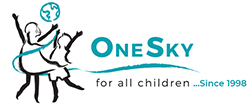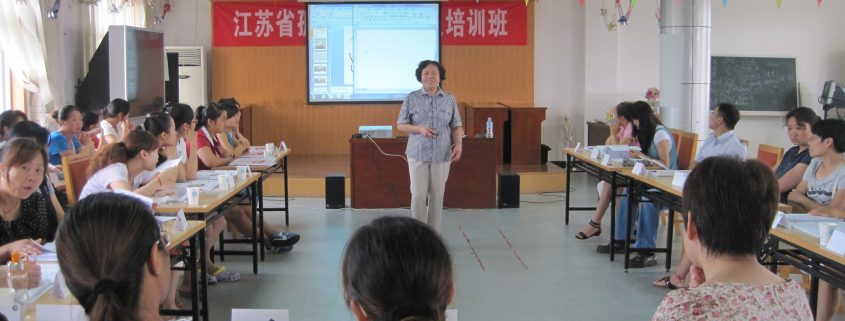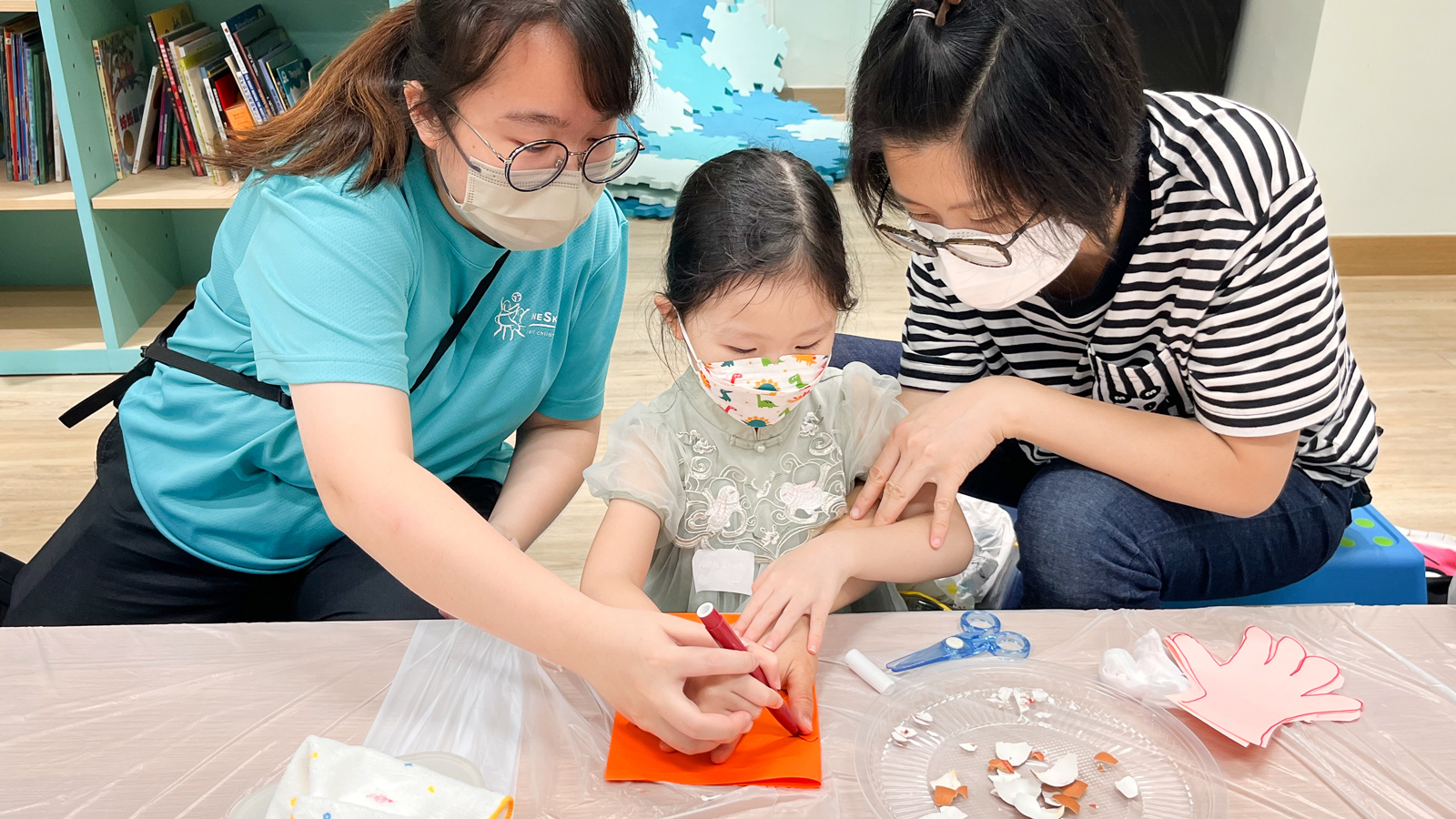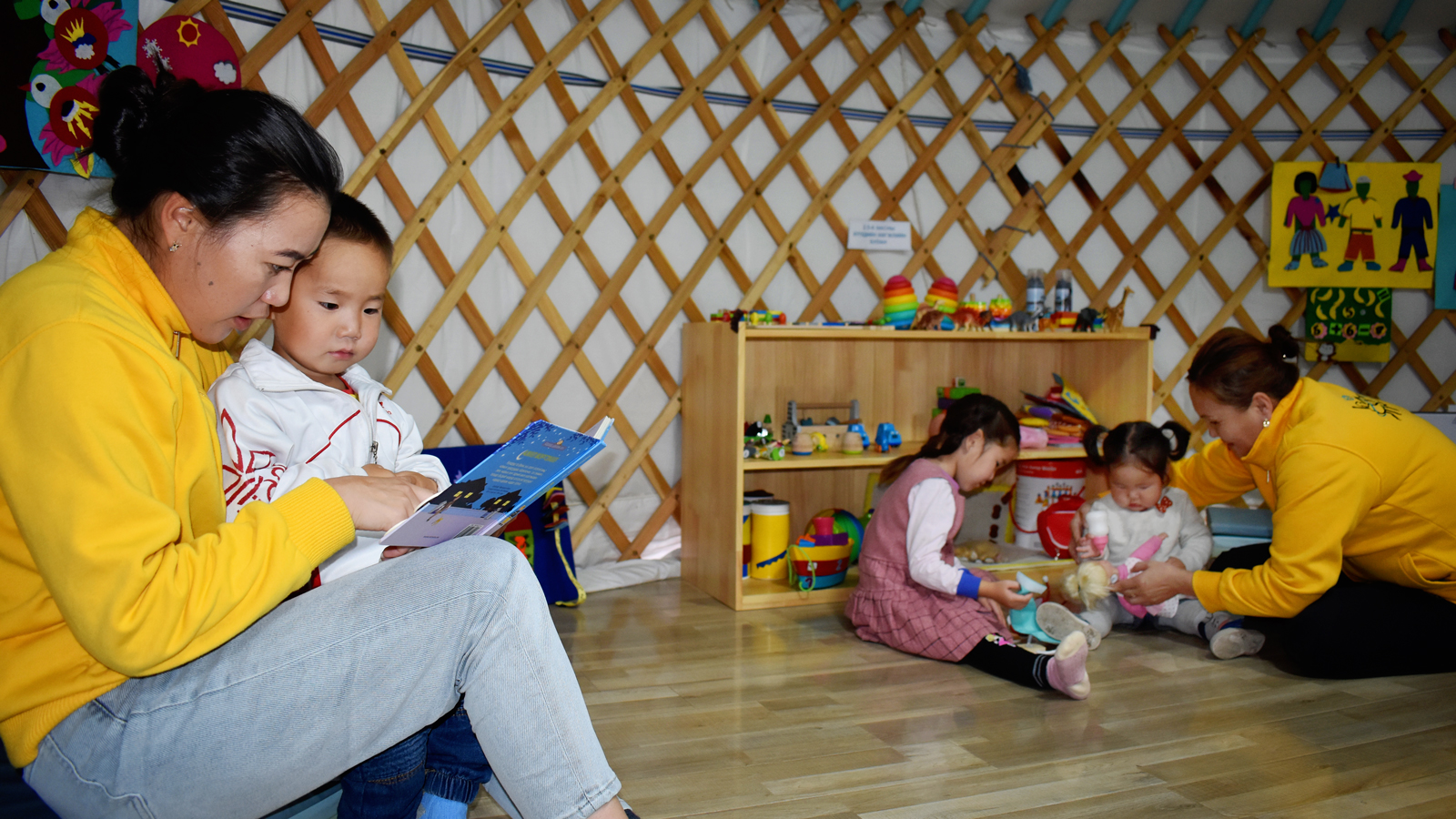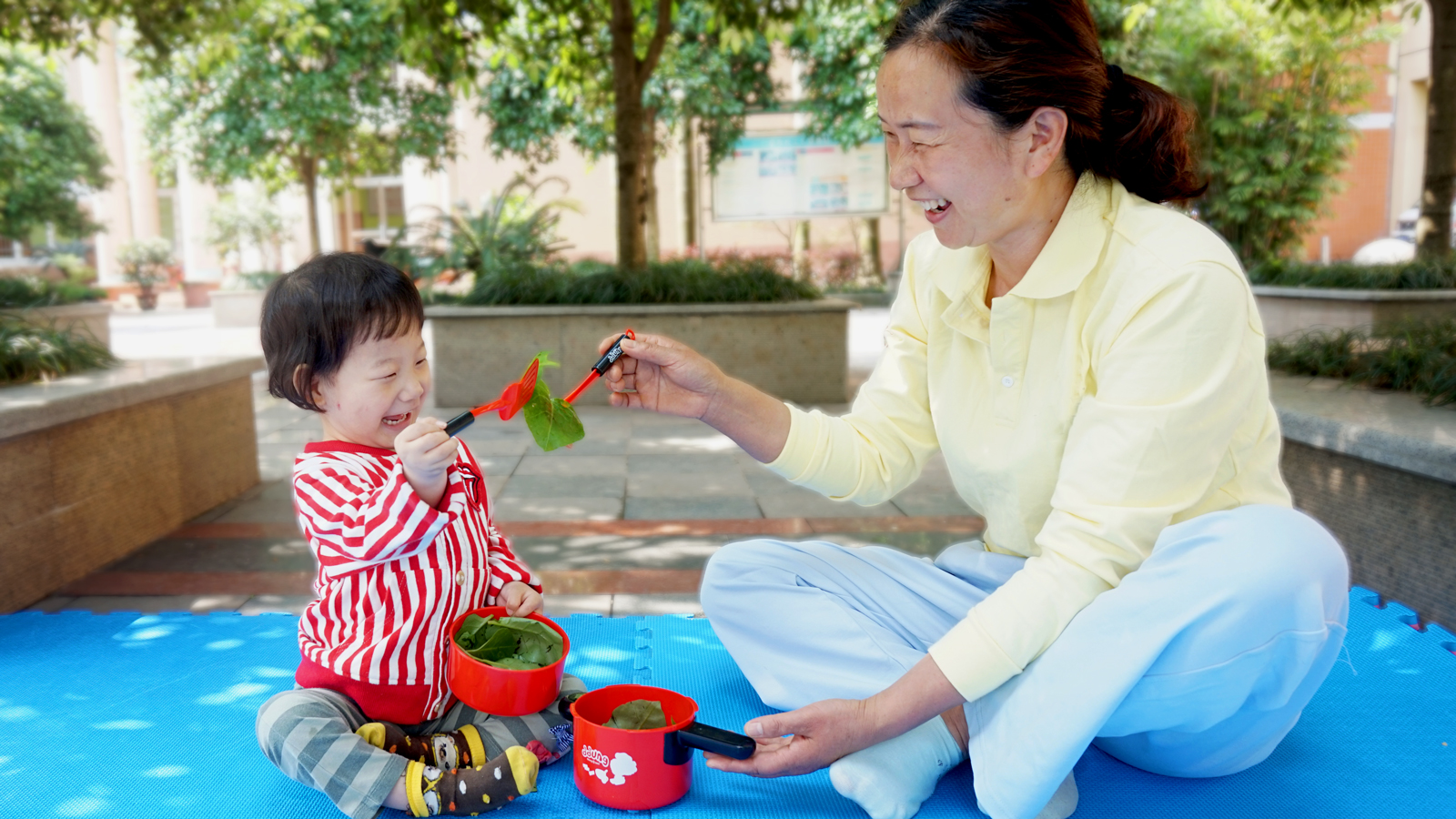A Mother and Daughter’s Shared Destiny
Orphaned children have always been part of my life.
My mother was the director of a district-level institution. I remember her taking me to work and bringing children back home when I was little. Some of those children have become life-long friends.
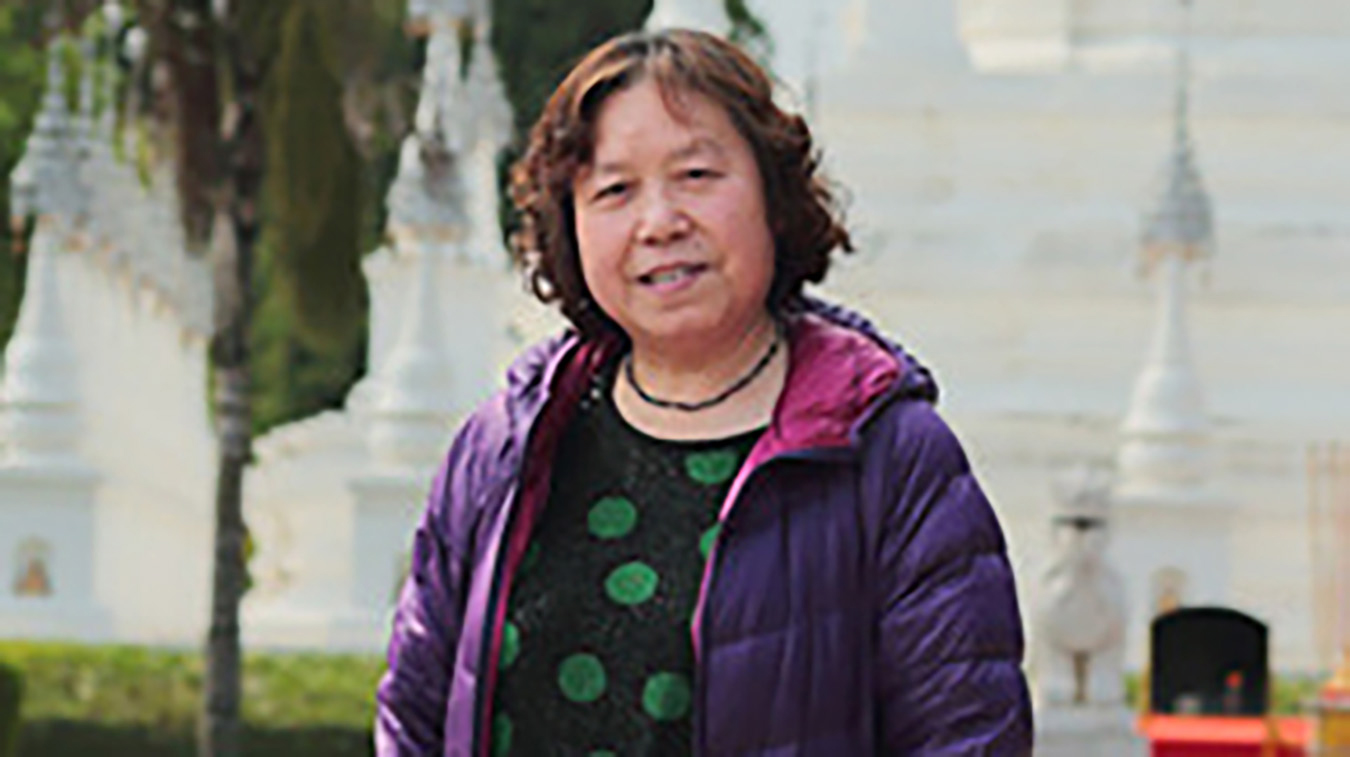
In 1976, after returning from the countryside, I started working at the Nanjing CWI as a caregiver. At that time nobody was willing to work in institutions. People perceived them as places filled with disease and bad luck. But I never believed in bad omens and discrimination and enjoyed working with the children. Seven years after I started working at the institution, I was invited to participate in first aid training. After I received certification, I joined the institution’s rehabilitation department and was promoted to head the Care and Education Department. That was the year I met my foster daughter Yun.
Yun was five years old, but she was the size of a 12-month old baby, could not walk and could not talk. She had arrived at the institution just a few days after her birth. She cried all day and refused to eat. The doctor had to feed her intravenously to keep her alive. Because she was so fragile, she developed pneumonia and was very ill for 2 weeks. Staff did not give her baths, for fear that she would catch a cold, and she underwent many rounds of emergency treatments. No one wanted to touch her or even get close to her because of the smell. She lay in bed alone for five years.
When I met Yun, she had just survived another round of emergency treatments, again for pneumonia, and had nearly died. The caregiver was complaining about her critical situation and in front of Yun said: “We have done enough for her. She’s been struggling and suffering since birth. Maybe letting her go would be a relief for her.” While they were discussing this, I felt someone tugging at my white coat. It was Yun. Her eyes were vacant but she was looking straight at me. I couldn’t get her out of my mind. When I got home that night, I told my mother about her. She encouraged me to bring her home. We both believed this was our destiny.
The following day, I brought her home. Everyone at the institution thought I was crazy. There were so many healthy girls at the institution at that time, why would I pick such a fragile one?
As soon as we got home, I washed Yun and got her dressed in new clothes. In the weeks that followed, she started getting better. She was no longer catching colds or getting sick. Our entire family bonded and even my son refused to send her back to the institution.
He said his little sister was too small and needed a mama. Around that same time, the factory where my husband worked closed, so I asked him to take his time trying to find another job so he could be a full-time dad to Yun. He learned everything he could about nutrition to help her get stronger, spent his entire day with her to help her bond, and brought her to dance classes to help build her self-confidence. For the next 10 years, he dedicated himself to our foster daughter and watched her catch up to her peers. When she was nearly 14, she was adopted by a family overseas.
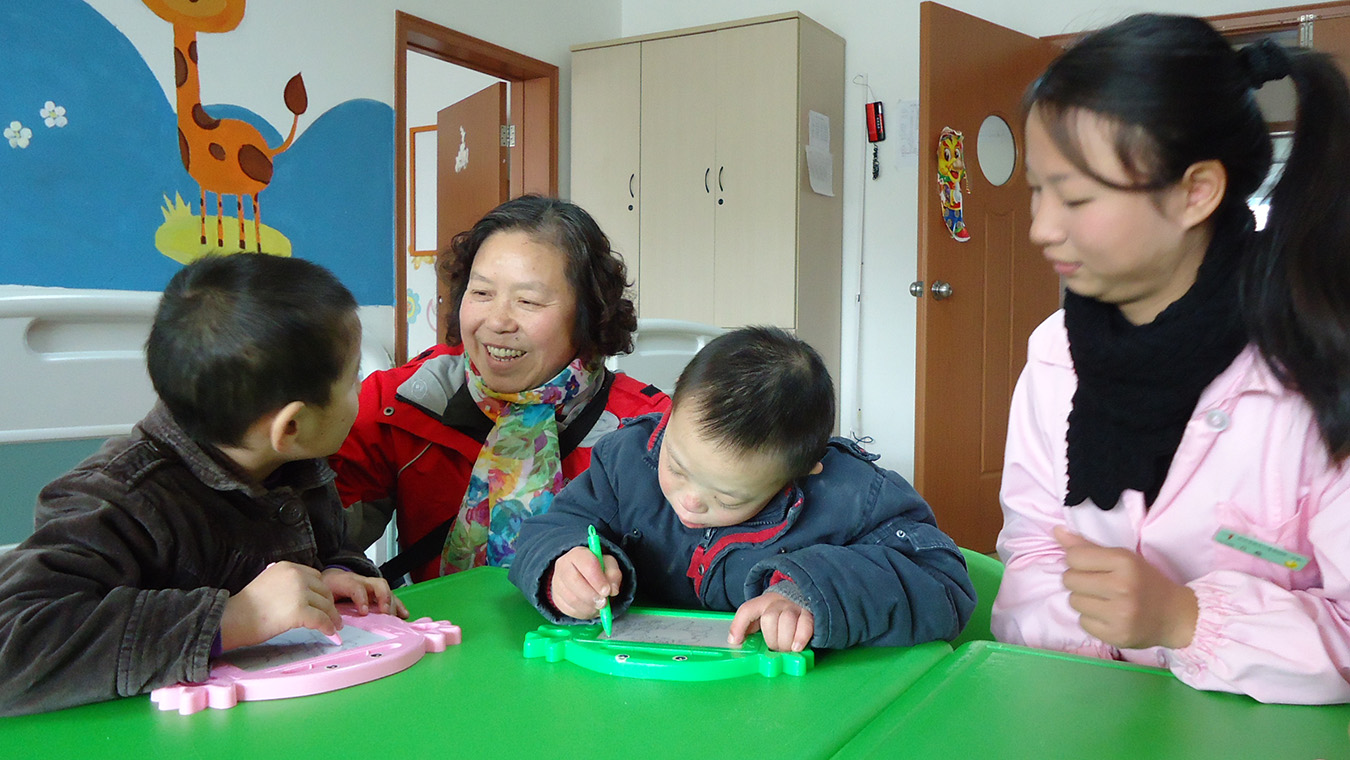
My experience with Yun inspired me to start planning for life after retirement. I had noticed that it had been very difficult for Yun to be accepted to a community kindergarten, so I wanted to open up a kindergarten for orphaned children with special needs in the countryside. But in 2006, when I was ready to start, Half the Sky arrived and launched its four core programs in Nanjing. The training Half the Sky provided enlightened me…I finally understood the cause behind the behavioral, physical and emotional problems that we saw in the children. It was heart wrenching to learn that love was the simple answer!
I decided to change my plans and stay with Half the Sky to learn more about how to better meet the needs of the children and to use my own experience with my foster daughter to help with Half the Sky’s Family Village Program. I truly believe that foster families are the second-best option for children who have lost their parents and have little chance of being adopted. I became a Family Village Mentor and then a Field Trainer and taught families how to better care for their children.
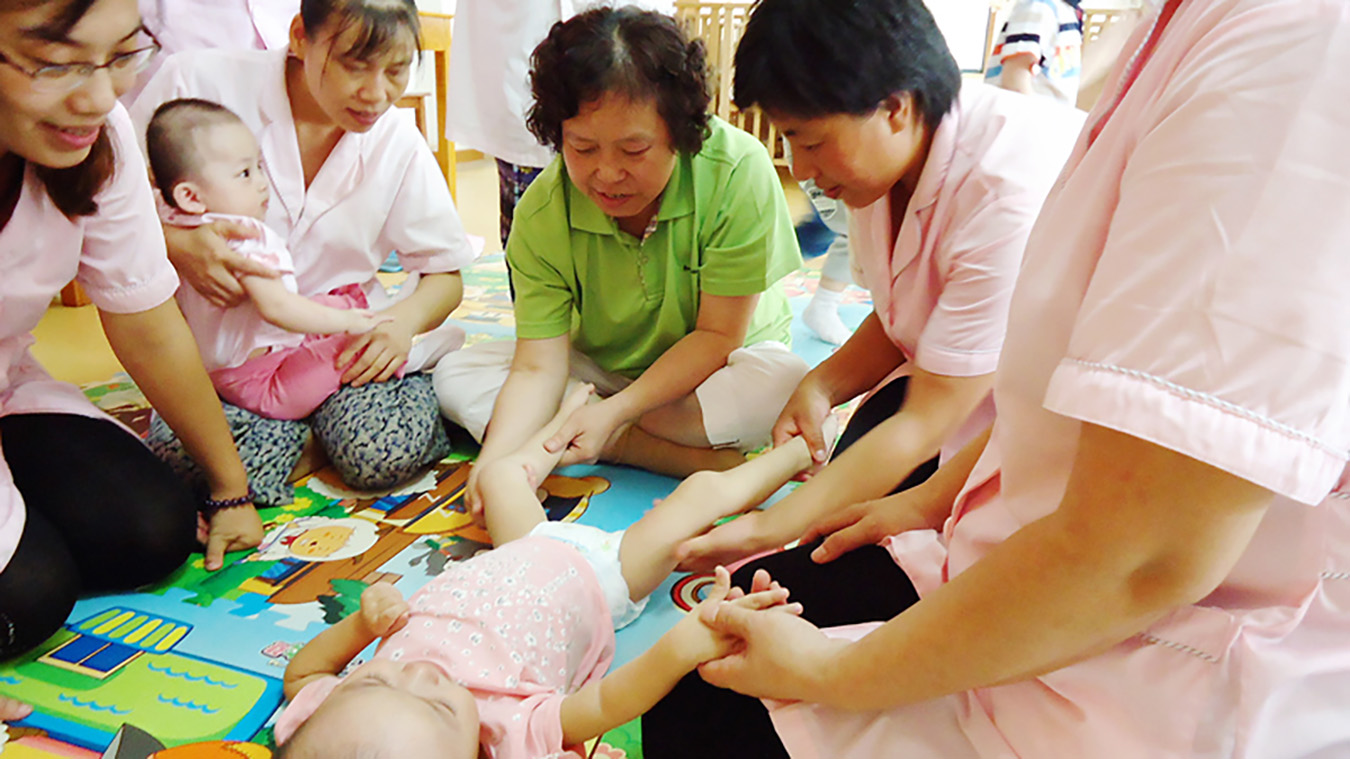
In 2011, I was given the chance to become the Child Development Expert for Jiangsu Province. In this role, I could train caregivers all across the province. In one of my regular phone calls with Yun in America, I told her about this opportunity. Yun encouraged me strongly to take it. She said: “I had such bad luck at the beginning of my life, but I still feel I am the luckiest girl in the world because I had the privilege of having you as my mom. When you do trainings in other institutions, please tell as many caregivers as possible that children like me have potential. Please use me as an example. Please tell them to believe in children like me, even when we are struggling to survive and don’t seem to have much hope.
Tell them to give them enough love and attention.” She fueled me to keep reaching more people with my training!
Jiangsu Province is lucky to have modern, top-ranking facilities, but the caregivers in Jiangsu were still using old traditional ways of caring for the children, only meeting their basic needs and seldom picking them up or even talking to them. They did not see the children’s potential, and often blamed their lack of progress on their special needs. They were also extremely skeptical about my Rainbow training sessions, believing that they would not be any different from the training sessions they had attended in the past. But usually, after just one day, I noticed them paying more attention.
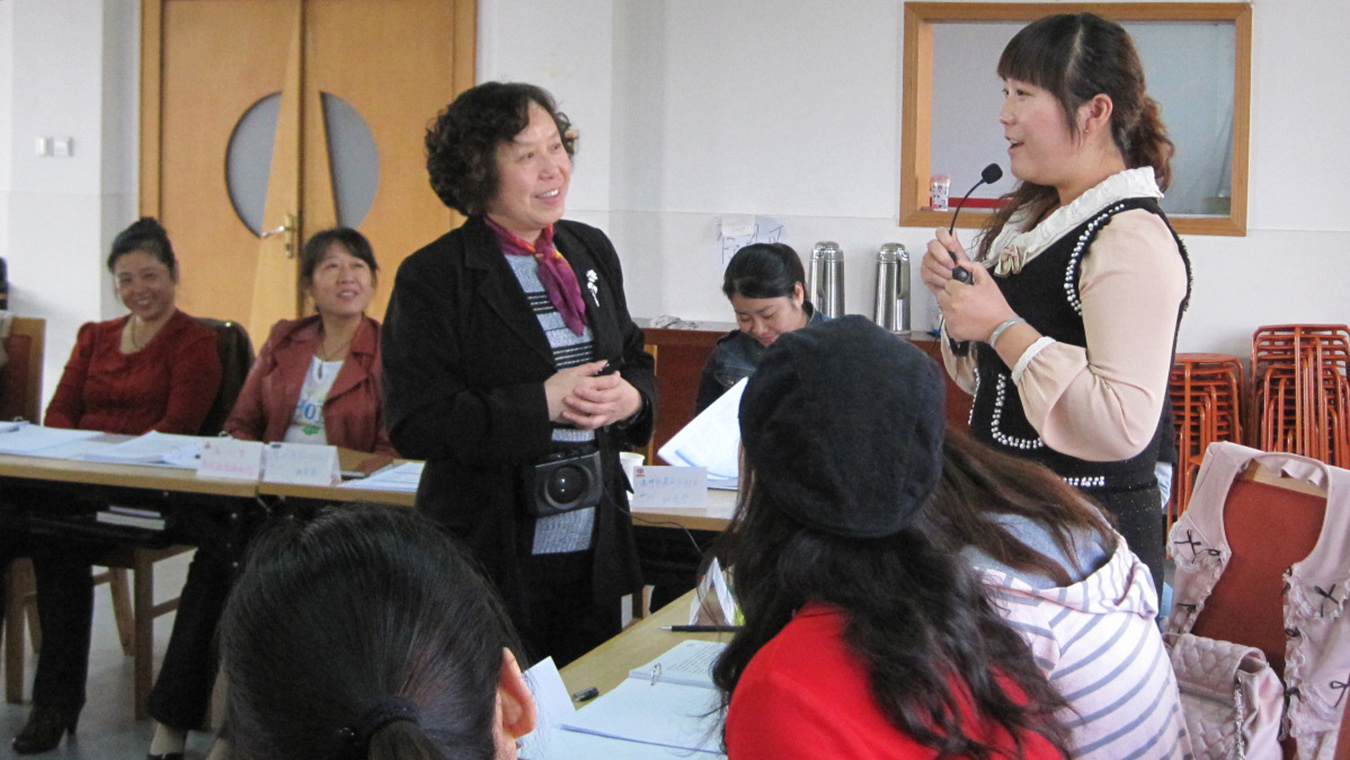
One experienced trainee said: “I have spent my whole career taking care of children, but it is only now, as I am about to retire, that I am finally learning about the children’s potential. I believe that my younger peers will do a much better job than I did.”
As a Child Development Expert, I am traveling throughout the province and reaching new caregivers each day—caregivers who recognize quickly that I am giving them ways to solve their day-to-day problems, and offering an entirely new perspective on how to care for the children. I love my job and can now tell Yun that because of our shared destiny, children like her all across Jiangsu have a better chance at a bright future!
